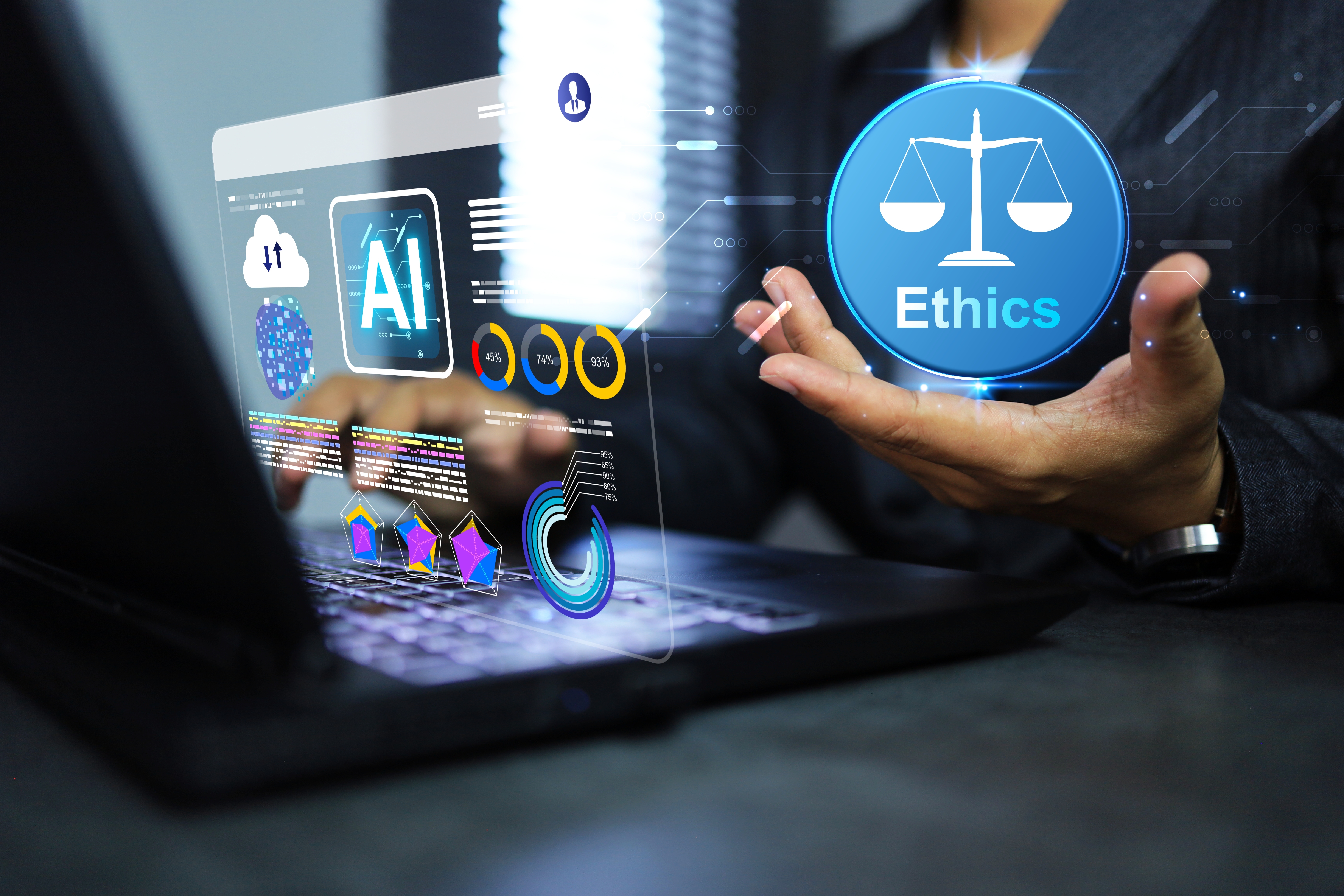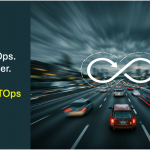The Ethical Use of AI: Navigating the Future Responsibly
Artificial Intelligence (AI) is no longer just a futuristic concept; it has become an integral part of our daily lives. From voice assistants like Siri and Alexa to recommendation algorithms on platforms like Netflix and Amazon, AI systems are everywhere. As AI continues to evolve, it brings both unprecedented opportunities and significant ethical challenges. Ensuring the ethical use of AI is critical to harnessing its potential while mitigating risks. But what does ethical AI use really mean? And how can we ensure AI technologies are developed and deployed in ways that benefit society as a whole?
What Does “Ethical Use of AI” Mean?
At its core, ethical AI refers to the responsible design, development, and deployment of AI systems that align with fundamental human values and rights. This includes ensuring that AI does not cause harm, respects privacy, promotes fairness, and operates transparently. As AI systems become more powerful, their impact on society can be profound—affecting everything from job markets to human relationships and even the integrity of democratic processes.
To ensure that AI serves humanity and does not exacerbate inequality or create unintended consequences, it is vital to address key ethical concerns at every stage of AI development.
Key Ethical Concerns in AI
- Bias and Fairness AI systems are trained on vast amounts of data, and if this data is biased, the AI model can perpetuate those biases. For example, a facial recognition system might perform less accurately on people of color if it was predominantly trained on data from light-skinned individuals. Similarly, predictive algorithms used in hiring or criminal justice could unintentionally reinforce existing societal inequalities.Ethical Approach: Developers must be proactive in ensuring that training data is diverse, inclusive, and free from discriminatory patterns. Regular audits and updates to AI models can also help identify and mitigate bias.
- Privacy and Data Security AI relies heavily on data, and much of this data is personal. Whether it’s consumer behavior, health information, or location data, how this information is collected, stored, and used is a critical ethical issue. Without robust data protection practices, there is a risk of violating individual privacy or exposing sensitive information to malicious actors.Ethical Approach: AI developers should adhere to privacy standards such as GDPR (General Data Protection Regulation) and ensure transparency in how data is collected and used. Data minimization—collecting only the data necessary for the intended purpose—should also be a priority.
- Accountability and Transparency AI systems, especially those based on complex machine learning models, can be difficult to understand, even for their creators. This lack of transparency, sometimes referred to as the “black box” problem, raises concerns about accountability. When an AI makes a mistake or causes harm, it can be unclear who is responsible—the developer, the organization, or the AI itself?Ethical Approach: AI systems should be designed to be explainable, so that users and stakeholders can understand how decisions are made. Moreover, clear accountability frameworks should be in place to ensure that human decision-makers remain responsible for AI-driven actions.
- Autonomy and Human Control As AI systems become more autonomous, there is a risk of them making decisions without human oversight or intervention. This can be especially concerning in high-stakes fields like healthcare, autonomous driving, or military applications. A key ethical question is how much control humans should retain over AI systems, particularly when it comes to life-or-death situations.Ethical Approach: AI should be used to augment human decision-making, not replace it entirely. In areas where AI decisions can have significant consequences, there should always be a mechanism for human oversight and intervention.
- Job Displacement and Economic Impact The widespread adoption of AI could lead to significant disruption in the job market. Automation and AI-powered systems have the potential to replace human workers in many industries, from manufacturing to customer service. This raises ethical concerns about the responsibility of organizations and governments to protect workers’ rights and ensure that displaced individuals have access to retraining and new opportunities.Ethical Approach: Governments and businesses must work together to create strategies for workforce transition. This could include retraining programs, a focus on reskilling for emerging industries, and policies that help ensure the benefits of AI are distributed fairly.
Frameworks for Ethical AI
To guide the ethical development of AI, several organizations and governments have proposed ethical frameworks and guidelines. Some of the most influential ones include:
- The EU’s Ethics Guidelines for Trustworthy AI: These guidelines emphasize the importance of AI systems being lawful, ethical, and robust. They propose seven key requirements: human agency and oversight, technical robustness and safety, privacy and data governance, transparency, diversity, non-discrimination and fairness, societal and environmental well-being, and accountability.
- The IEEE Global Initiative on Ethics of Autonomous and Intelligent Systems: This initiative focuses on the ethical challenges posed by autonomous systems, urging the creation of ethical standards and policies for AI development and deployment.
- The AI Now Institute’s Principles: This institute advocates for a focus on social and ethical issues related to AI, particularly around the need for transparent decision-making, algorithmic accountability, and fair labor practices.
The Role of Developers and Organizations
AI developers and the organizations that deploy AI have a crucial role in ensuring that AI is used ethically. Ethical AI requires more than just technical expertise—it demands a commitment to responsible practices and a focus on the broader societal implications of AI. Here are a few steps organizations can take:
- Incorporate Ethics into AI Design: Ethics should not be an afterthought; it must be embedded from the very beginning of the AI design process. Developers should ask questions such as, “Who will be affected by this system?” and “What could go wrong?”
- Foster an Ethical Culture: Organizations should build a culture that values ethical considerations. This could involve training staff in ethical AI practices, setting up internal review processes, and involving ethicists or social scientists in the development process.
- Engage Stakeholders: Organizations should involve a broad range of stakeholders—users, regulators, and community representatives—when developing AI systems. This ensures that the perspectives of those most affected are taken into account.
- Promote Ethical AI Governance: Governments should create frameworks for regulating AI technologies that protect citizens’ rights while fostering innovation. These regulations should encourage transparency, accountability, and fairness, and ensure that AI development aligns with societal values.
Conclusion
The ethical use of AI is an ongoing conversation, one that requires the combined efforts of developers, businesses, policymakers, and society as a whole. While AI has the potential to revolutionize industries and improve lives, its ethical challenges cannot be overlooked. By focusing on fairness, transparency, accountability, privacy, and human well-being, we can ensure that AI serves humanity, not the other way around. Responsible AI development is not just a technical issue—it’s a moral imperative.
As AI continues to shape the future, we must ask ourselves: How can we ensure that this technology works for everyone, not just the few? The answer lies in the ethical choices we make today.






Leave a Reply